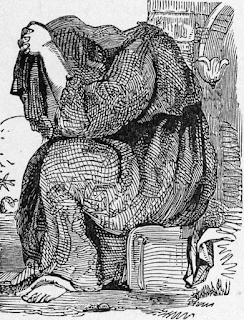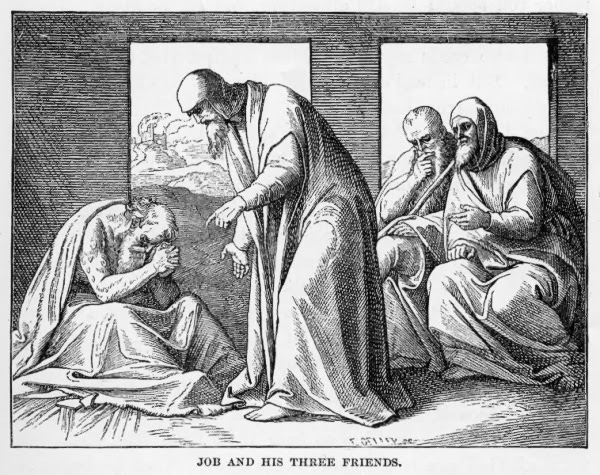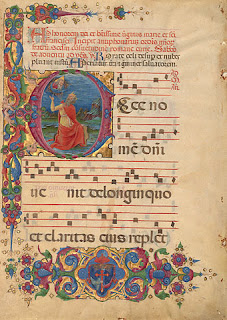TO CHEW ON: "Therefore I take pleasure in infirmities, in reproaches, in needs, in persecutions, in distresses for Christ's sake. For when I am weak, then I am strong." 2 Corinthians 12:10
Overshadowed as 2 Corinthians 12:10 is by grand verse 9, I've never before today noticed the list of things Paul takes pleasure in:
Infirmities [Astheneia. In English infirmity means the state or quality of being infirm: debility, weakness, a physical or mental defect or weakness.]
Reproaches [Hubris. "It means hurt, loss, injury arising from violence, damage caused by the elements, hardship, detriment, trouble, danger... In 2 Corinthians 12:10 hubris denotes insolence, impudence, a haughty attitude, insult, injury, outrage, persecution and affront. ... it is adversarial" - Word Wealth, New Spirit-Filled Life Bible p. 1540.]
Needs [Anagke - calamity, distress, straits. Several other translations render this hardships.]
Persecutions [Diogmos. The dictionary definition of persecute is to harass with cruel or oppressive treatment. To maltreat or oppress because of race, religion or beliefs, to annoy or harass persistently.]
Distresses [Stenochoria - narrowness of place, a narrow place (metaphorically). The Amplified translates this perplexities and distresses, the ESV calamities.]
Is there a negative condition we could encounter that we don't find here? And Paul says he "takes pleasure" in them because Christ comes through for him and in him via that weakness. The turnaround is not because of him but because of who indwells him: "My grace is sufficient for you for My strength is made perfect in weakness." That, for Paul, is a reason to welcome infirmities, reproaches, needs, distresses, persecutions and difficulties—so that he needs and depends on the power of Christ to flow through his needy self .
I ask myself, what item on Paul's list do I identify with today? What about you? Are we sick, beleaguered by the reproaches of nature or people, needy, persecuted, perplexed, distressed, in a tight spot?
Instead of viewing this as a negative thing, we can begin with Paul to thank God for our bad, challenging, overwhelming thing. We can invite Him into the circumstance or event for the first time, or again, with a more helpless, dependent attitude. Then we can watch Him turn our weakness into strength as He changes our attitude, gives us the ability and patience to cope while we wait for Him to bring about a change, or provides us a download of wisdom to know how to improve or change things.
PRAYER: Dear Jesus, thank You that Your grace (undeserved favour and blessing) is enough for any and every bad thing that could come my way. Help me to be like Paul—glad in negative circumstances, welcoming them as opportunities for Your abilities and resources to shine through my inability and disability. Amen.
PSALM TO PRAY: Psalm 4
MORE: I Need Thee Every Hour - Fernando Ortega
****************
Unless otherwise noted all Scripture quotations are taken from the New King James Version®. Copyright © 1982 by Thomas Nelson, Inc. Used by permission. All rights reserved.



















